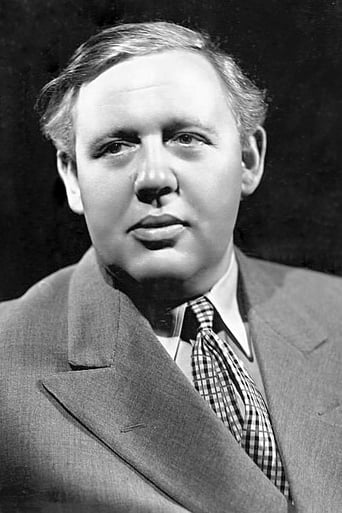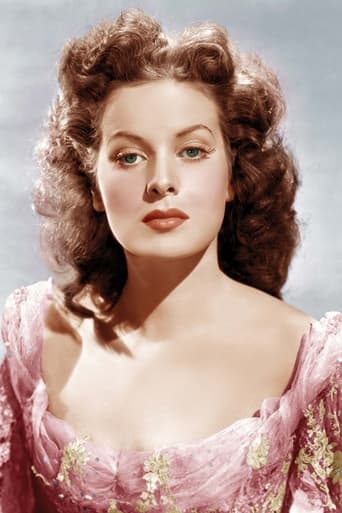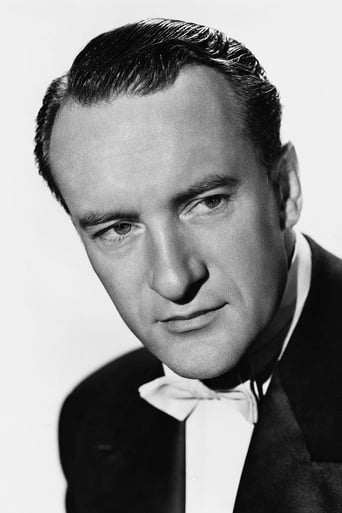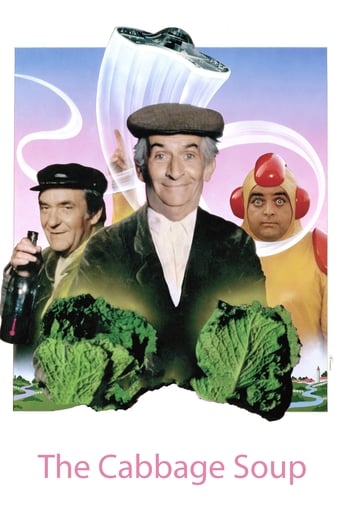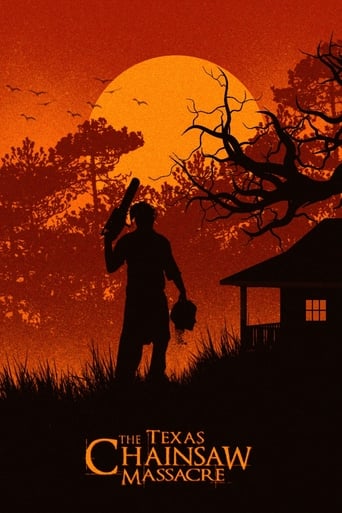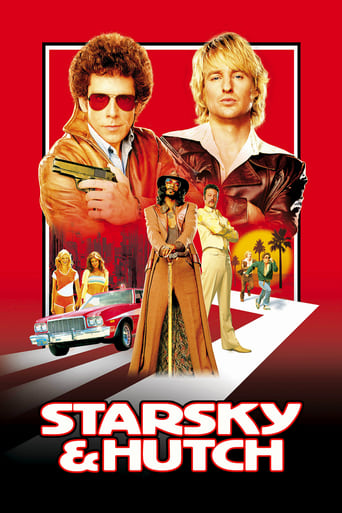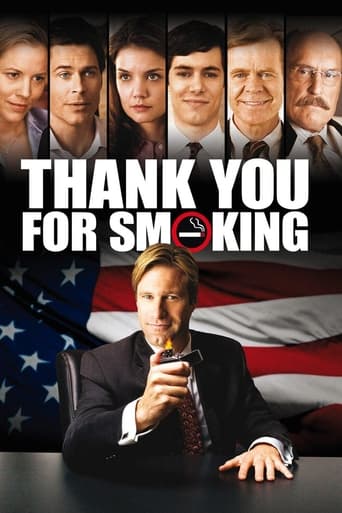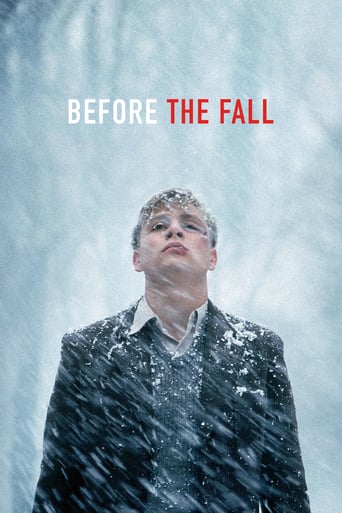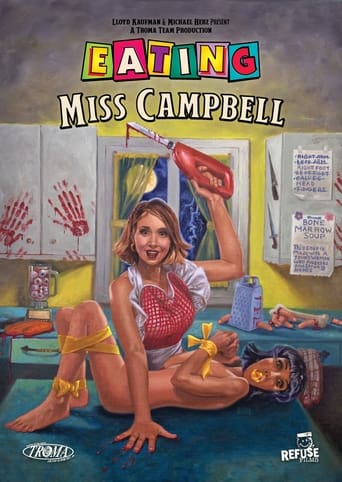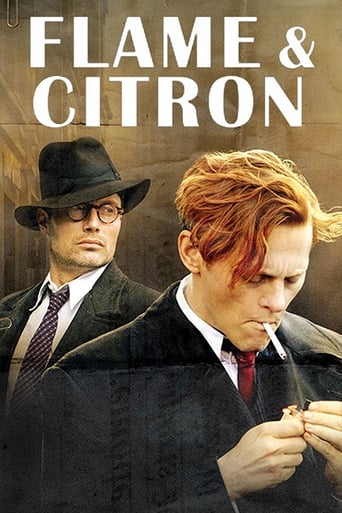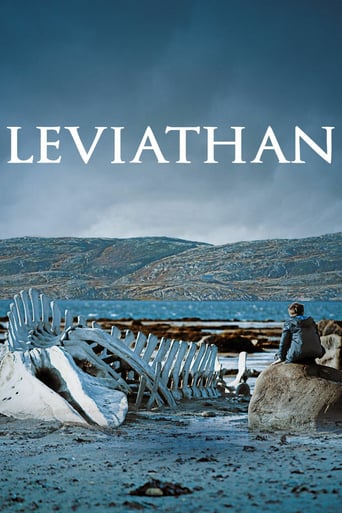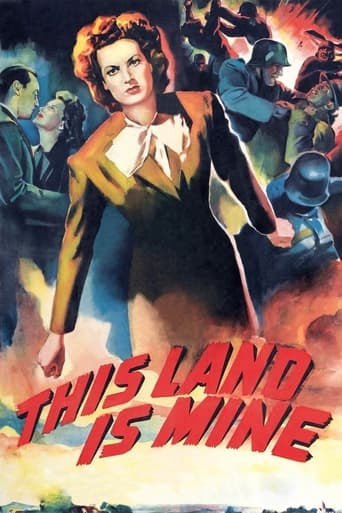
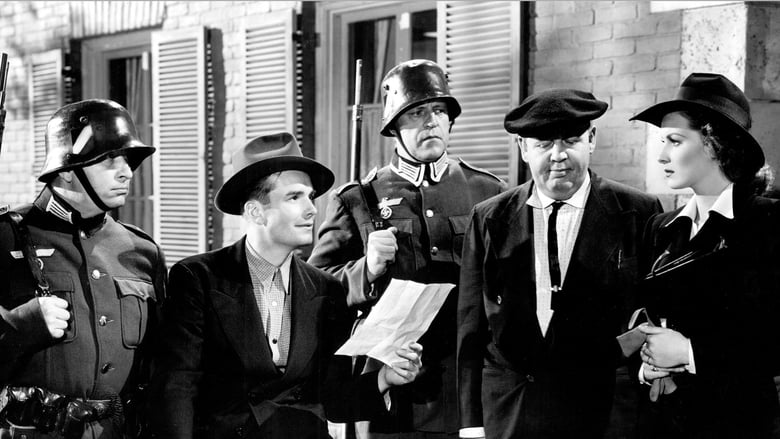
This Land Is Mine (1943)
Somewhere in Europe, in a city occupied by the Nazis, a gentle school teacher finds himself torn between collaboration and resistance, cowardice and courage.
Watch Trailer
Cast
Similar titles
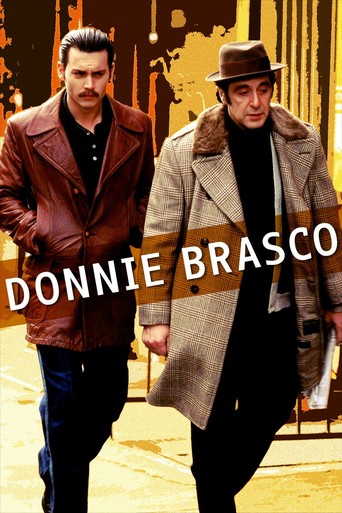

Reviews
Good movie but grossly overrated
Better Late Then Never
This is a tender, generous movie that likes its characters and presents them as real people, full of flaws and strengths.
While it doesn't offer any answers, it both thrills and makes you think.
Set in an unspecified Nazi-occupied European town, this World War II drama from Jean Renoir focuses on a timid primary school teacher who gradually decides to take a stance amidst the censorship of textbooks, the arrest of his principal and Nazi accusations of sabotage. The film is not especially subtle with its anti-Nazi messages and loses its power towards the end with too much preaching and lecturing, but for the most part, this is an enticing drama through and through. Charles Laughton delivers an arguable career best performance as the teacher in question who credibly transforms from mild-mannered to confident and eloquent as he finally stands up for what is right in his eyes. Whether it be cowering during an air raid or getting flabbergasted as the principal is escorted off site, Laughton is convincing cowardly to begin with, which serves to highlight his acting range as becomes adamant and articulate later on. The film as such works well as a character study quite aside from its anti-Nazi slant. Laughton's lust for a much younger teacher (played by Maureen O'Hara) is the only aspect of his characterisation that does not quite work since so little is done to establish her as a character and explore the pair's history together, but the film does at least tackles this angle without sappiness. O'Hara also has at least one memorable scene in which she gets her kids to sing during an air raid to take their mind off the noise of the shelling. The very fine black and white cinematography is by Frank Redman, who worked under Nicholas Musuraca on the 'Cat People' films.
He comes down the stairs to his mother's insistence, carries the cat, drinks up his milk as requested, wipes his pudgy mouth, is helped into his clothes while listening passively to his mother's diatribe of the latest gossip about town, is told to hurry up before being late for school and is kissed on the cheek and seen off. A perfect mama's boy sets up the definition for a born coward (ironic because Renoir claimed himself to be a coward). But there is a catch! The cat does not belong to "mummy". The pudgy school teacher fancies his neighbor in fact... but a love triangle will get in the way... and all with Nazi stormtroopers goose stepping through the romantic drama. How perfectly Hollywood... and totally inappropriate for Renoir (whose own romantic drama WW2 film made no direct reference to the Nazis whatsoever). The story lacks in subtlety... the 'united front' is saccharine and cheesy leaving an awful taste in the mouth. The stylistic system allowed for Renoir is no better - one-shot closeups, shot-reverse-shot suture systems, uncreative use of exteriors, tableau depth of field. The film won an Oscar for sound?!! Was it the annoying and unrealistic children's chorus as bombs drop on their heads? My niece cries when the dog barks. This Land is Mine purveys a warped sense of manifest destiny and has a real Stalinist Socialist Realist feel to it. Some will defend that a united front bound by hope and uplift was necessary at the time, but why the moral highfaluting? And why the insidious organization of its presentation? "Heroism is glamorous for children" gets an add-on later by Keller who claims "America is a charming cocktail of Irish and Jews. Spectacular but childish". The only grace that this film would have is if it tripped over its own shoelaces and fell flat on its face. Even Renoir must have recognized this as he implements a bit of directing that could not have been a mistake when in shot one of hands about to go in pockets is jump cut to shot 2 of hands firmly planted in pockets. The loss of continuity is reflective of Renoir's misplacement in the production. Or perhaps it was the producer's choice...a kind of Hollywood branding. There are a couple of exciting moments and good directing when a high angle shot frames urban rebellion in deep space which leads to traceur stunts in a parkour rooftop escape and later when said rebel executes his ultimate escape plan (reminds of Boudu). Like La Chienne, Albert (pudgy teacher) provides a speech to a courtroom. This resistance speech is a far cry from the realism of poison pen letters in Le Corbeau, but it is an understandable device for the occasion. If I were living in France in 1943 and knew of the film, I would hail This Land is Mine as wonderful support for the Allied war effort. I would be proud that it was directed by a fellow Frenchman and I would hope that it would bring France and America even closer on issues of liberty and the fight for freedom. Given that I was born in 1979, I simply expect either clever allusions and allegories or realistic blood and guts portrayals of the experience of war. Somehow the romantic drama genre placates the horrors of war in an obscene way (for this reviewer at least).
I am sure that there are many reasons why the brave and exceptional men and women of the "greatest generation" where able to leave their lives behind and put themselves in harms way to defeat the Axis Powers. One reason however must have been films like this one produced by Jean Renoir and directed by Nichols.I usually cringe at blatant propaganda, but I was quite moved by this one, and I'm sure it is due to the expert direction and also due to the fine performances turned in by Laughton, O'Hara, Slezak, Sands and O'Connor. It is basically a retelling of "The Scarlett Pimpernel", but not so directly as to be called a remake by anyone.If Maureen O'Hara (at that point in her career)would walk in and give me such a kiss, I would happily go to my death. French Resistance films may just have become my newly favorite genre (along with race-track movies, boxing movies, Irish movies and submarine movies.)
I can vaguely remember seeing this movie on television years ago, and recalled it as a movie with an anti-Nazi message. Seeing it again recently, and with a lifetime of reading behind me, I realize it has further depths of meaning. Despite the pretense of being set "somewhere in Europe," it is beyond doubt that Renoir had France very specifically in mind. He was a French émigré, and it's clear that he has a message for his countrymen about the great number of them that chose to collaborate with the Germans. But the film is not a sledgehammer, in that the Germans are not portrayed as the stereotypical jackbooted thugs. Their official voice in the film, the officer played by Walter Slezak, has a silky sort of charm and shows how easy it can be to cooperate in the name of so many things - peace, order, stability, etc. etc. Laughton's final courtroom speech has so many specific references to the situation in France that it cannot be interpreted as other than such. And the final finishing touch is Laughton's last lesson to his students before being taken away - he reads from the "Declaration of the Rights of Man" from the French Revolution.Aside from that it is an excellent story very well told, and the production values are extremely high - the print I saw looked excellent even after 60-some years. The cast, of course, is superb, with Laughton, Slezak, and Maureen O'Hara. Particularly good is George Sanders, in a role very different from his stereotype as the suave and debonair cynic. The whole "mama's boy" aspect of Laughton's character is a bit heavy-handed, but it's still to watch Una O'Connor as his mother (you just can't help recalling her tavern woman's part in "The Invisible Man").Thsi is not just an excellent movie, but an interesting historical artifact as well.
